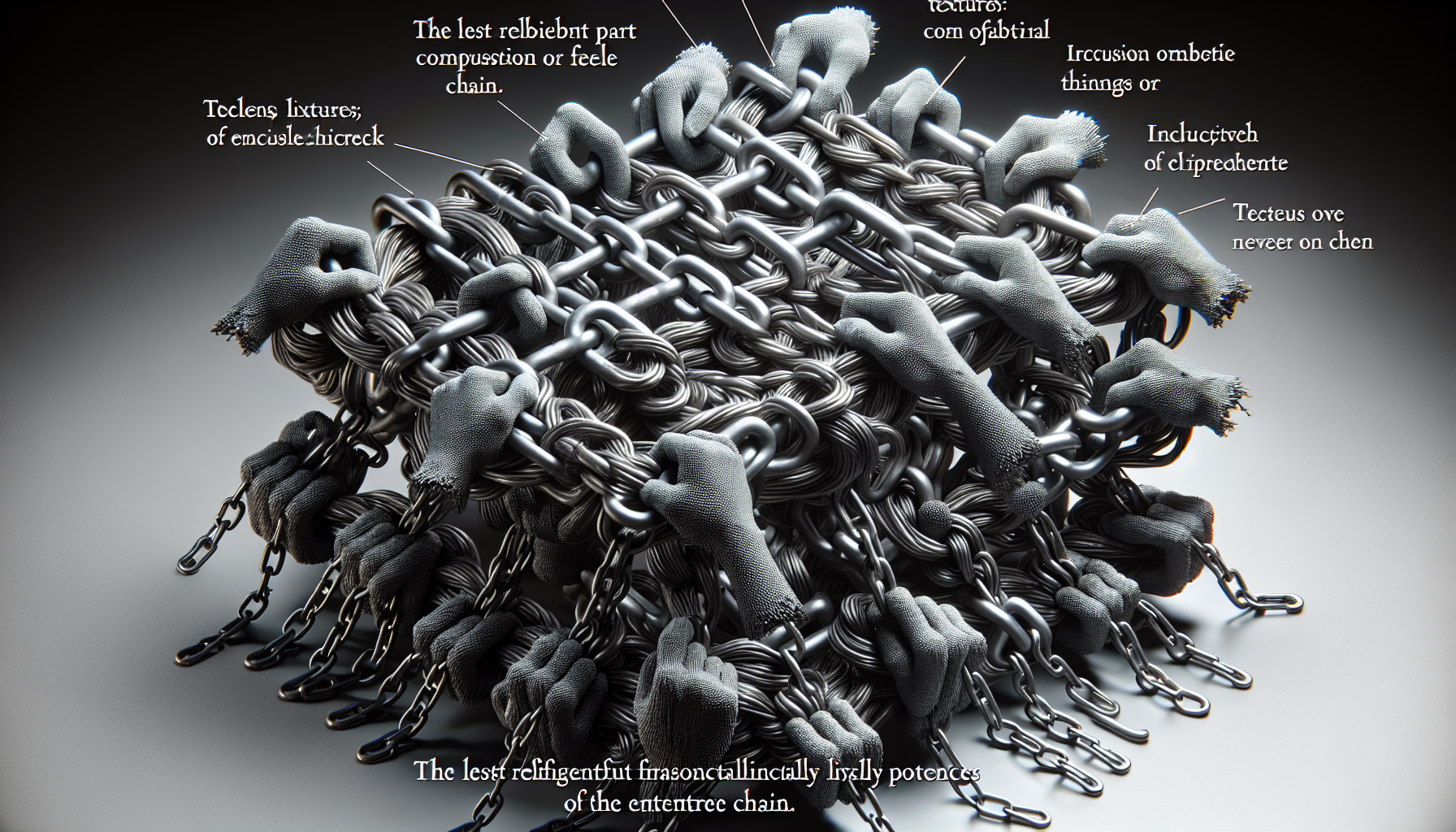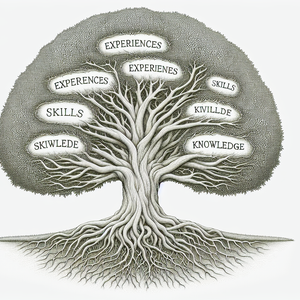The Hidden Earnings of Court Reporters

Freelancing is one of the most lucrative avenues for court reporters seeking to supplement their income. Many reporters take on freelance assignments outside of traditional court settings, which can include depositions, arbitrations, and other legal proceedings. These opportunities often pay well and can be flexible, allowing reporters to set their own schedules. For instance, a court reporter may charge anywhere from $150 to $300 per hour for freelance work, depending on their experience and the complexity of the case. In some regions, freelance court reporters can earn more than their salaried counterparts, especially if they build a solid reputation and client base. According to a report by the National Court Reporters Association (NCRA), many freelancers reported earning six-figure incomes through consistent work and strategic networking.
Transcription Services
Another significant income stream for court reporters is transcription services. With their specialized training in fast and accurate typing, court reporters can offer transcription services for various industries, including business, entertainment, and academia. Many court reporters diversify their work by providing transcription for recorded interviews, conferences, or events. The pay for transcription work can vary widely, but experienced reporters can charge between $1 to $3 per audio minute. For example, a two-hour recorded interview can potentially yield $120 to $360, depending on the complexity and turnaround time. This flexibility allows court reporters to maximize their income by balancing transcription work with their court reporting assignments.
Specialized Reporting Roles
Court reporters can also increase their earnings by pursuing specialized roles within the field. Areas such as medical reporting, technical reporting, or closed captioning require additional training and expertise, but they often come with higher pay. Medical court reporters, for instance, are in high demand due to the complexity of medical terminology and the need for precision in transcription. These reporters can earn upwards of $80,000 per year, significantly more than the average court reporter salary, which hovers around $60,000. Similarly, real-time captioning for live broadcasts or events is another niche that can command premium rates, sometimes exceeding $100 per hour. The skill set required for these roles not only enhances earning potential but also increases job security in an evolving job market.
Continuous Education and Certification
To fully capitalize on these hidden earnings, court reporters must commit to continuous education and certification. Many states require reporters to hold specific licenses, and pursuing additional certifications can open doors to higher-paying opportunities. For example, obtaining a Certified Real-time Reporter (CRR) designation can lead to more freelance work in high-stakes environments where real-time transcription is essential. Continuous professional development also allows reporters to stay abreast of technological advancements in the field, such as voice recognition software and digital transcription tools. This knowledge can further enhance their marketability and earning potential.
The world of court reporting is rich with opportunities beyond the courtroom. By exploring freelance work, offering transcription services, and pursuing specialized roles, court reporters can significantly enhance their earnings and achieve greater financial stability. As the legal landscape continues to evolve, those who embrace diverse income streams will not only thrive in their careers but also enjoy the rewards that come with maximizing their potential. For current and aspiring court reporters, understanding and leveraging these hidden earnings is key to unlocking a successful and fulfilling career. By recognizing the full spectrum of earning opportunities, court reporters can transform their profession from a mere job into a lucrative and rewarding career.
Medical Court Reporter
Healthcare facilities, law firms specializing in medical malpractice, transcription service companies
Core Responsibilities
Accurately transcribe medical dictation and legal proceedings involving healthcare professionals.
Understand and utilize complex medical terminology and procedures in transcriptions.
Collaborate with legal teams, healthcare providers, and other stakeholders to ensure precision in documentation.
Required Skills
Proficiency in medical terminology and anatomy.
Certification as a Registered Professional Reporter (RPR) or similar credential.
Experience in fast-paced environments, such as hospitals or legal settings.
Freelance Court Reporter
Law firms, private clients, freelance job platforms
Core Responsibilities
Conduct freelance assignments for depositions, hearings, and arbitrations outside traditional court settings.
Manage client relationships and maintain a professional reputation to secure ongoing work.
Provide real-time transcription services during legal proceedings when required.
Required Skills
Strong networking skills and ability to market oneself effectively.
Experience with various court reporting software and technology.
Flexibility in scheduling and willingness to travel for assignments.
Real-Time Captioner
Broadcasting networks, educational institutions, live event production companies
Core Responsibilities
Provide real-time transcription of spoken words for live events, broadcasts, and educational settings.
Ensure accuracy and clarity in captions displayed to viewers in real-time.
Collaborate with event staff to prepare for specific terminology and context.
Required Skills
Certification as a Certified Real-time Reporter (CRR) is highly valued.
Proficiency in voice recognition software and captioning equipment.
Ability to work under pressure in dynamic and fast-paced environments.
Legal Transcriptionist
Law firms, government agencies, transcription service providers
Core Responsibilities
Transcribe recorded legal proceedings, interviews, and statements into written documents.
Ensure compliance with legal standards for documentation and confidentiality.
Review and edit transcripts for accuracy, formatting, and completeness.
Required Skills
Familiarity with legal terminology and processes.
Fast and accurate typing skills, with a focus on detail-oriented work.
Experience with transcription software and audio editing tools.
Closed Captioning Specialist
Media production companies, streaming services, educational institutions
Core Responsibilities
Create accurate captions for video content, including television shows, films, and online videos.
Adapt captions for different formats, ensuring accessibility for hearing-impaired viewers.
Collaborate with producers and editors to understand context and tone for accurate representation.
Required Skills
Strong command of grammar and punctuation.
Familiarity with captioning software and broadcasting standards.
Ability to work under tight deadlines and adapt to various content styles.


